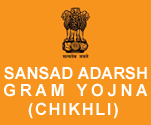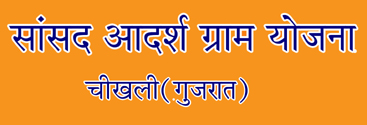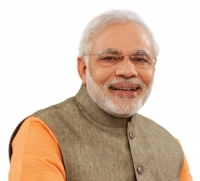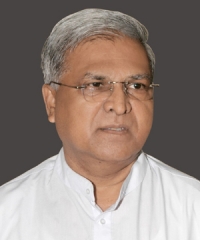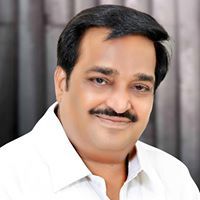Warning: Undefined property: stdClass::$content_title in /home2/sansadadarshgram/public_html/includes/cms.php on line 67
Party: Bharatiya Janata Party
Narendra Damodardas Modi , born 17 September 1950 is the 15th and currentPrime Minister of India, in office since 26 May 2014. Modi, a leader of the Bharatiya Janata Party (BJP), previously served as theChief Minister of Gujarat from 2001 to 2014. He is currently the Member of Parliament (MP) from Varanasi.
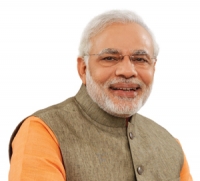
Modi led the BJP in the 2014 general election, which resulted in an outright majority for the BJP in the Lok Sabha (the lower house of the Indian parliament) – the last time that any party had secured an outright majority in the Lok Sabha was in 1984. Since then, Modi has also been credited for the BJP's electoral victories in the states of Haryana and Maharashtra in October 2014.
Modi is a Hindu Nationalist and a member of the Rashtriya Swayamsevak Sangh (RSS). He is a controversial figure both within India as well as internationally as his administration has been criticised for failing to act to prevent the 2002 Gujarat riots.Modi has been praised for his economic policies, which are credited with creating an environment for a high rate of economic growth in Gujarat. However, his administration has also been criticised for failing to make a significant positive impact upon the human development of the state.
Early political career
On 26 June 1975, Prime Minister Indira Gandhi declared a unilateral state of emergency throughout the country, which lasted until 1977. During this period, many of her political opponents were jailed, and organisations opposing her, including the RSS, were banned. At the time, Modi was the pracharak in-charge of the Akhil Bharatiya Vidyarthi Parishad (ABVP), the student wing of the RSS. He was forced to go underground in Gujarat, and frequently traveled in disguise to avoid being arrested. He became involved in printing booklets against the central government and distributing them to Delhi, as well as organising agitations. During this period, he also wrote a book in Gujaratititled Sangharsh ma Gujarat (The struggles of Gujarat) which described events during the emergency.
The RSS assigned Modi to the BJP in 1985. In 1988, Modi was elected an organising secretary of BJP's Gujarat unit, marking his formal entry into electoral politics.He rose to prominence within the party after helping organise L. K. Advani's Ayodhya Rath Yatra in 1990 and Murli Manohar Joshi's Ekta Yatra (Journey for Unity) in
1991–92.His electoral strategy as secretary was seen to be central to the BJP's victory in the 1995 state assembly elections. Later in the same year in November, Modi was elected National Secretary of the BJP, and was transferred to New Delhi where he was assigned responsibility for the party's activities in Haryana and Himachal Pradesh. In 1996, Shankersinh Vaghela, one of the most prominent leaders of the BJP in Gujarat, defected to the INC after he lost his parliamentary seat in the 1996 Lok Sabha elections.While on the selection committee for the 1998 Assembly elections in Gujarat, Modi favoured supporters of another BJP leader, Keshubhai Patel, over those loyal to Vaghela, in an attempt to put an end to the factional divisions within the party. His strategies were credited as being key to the BJP winning an overall majority in the 1998 elections. As a result, Modi was promoted to the post of general secretary (Organisation) of the BJP in May 1998.
